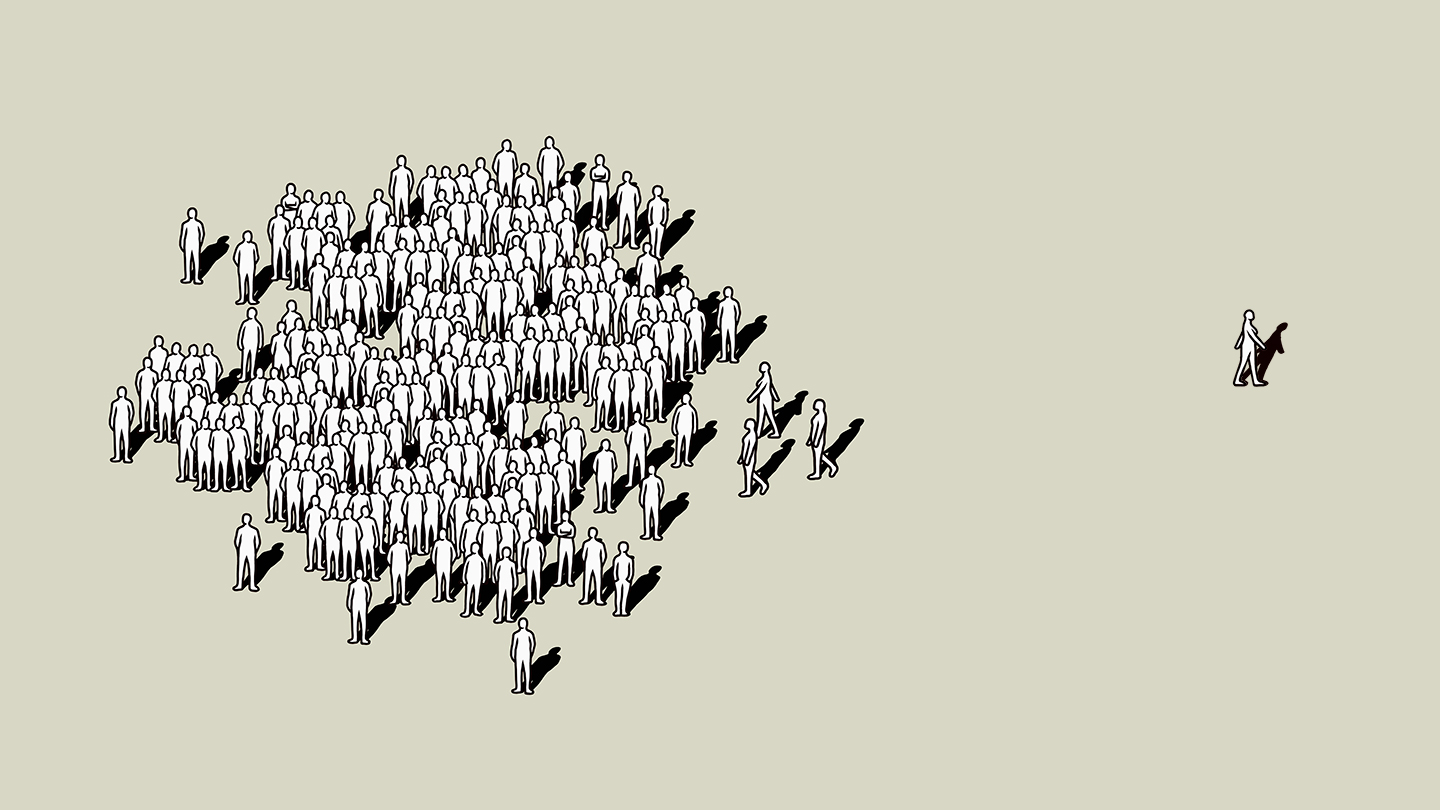How to Reduce Partisan Animosity
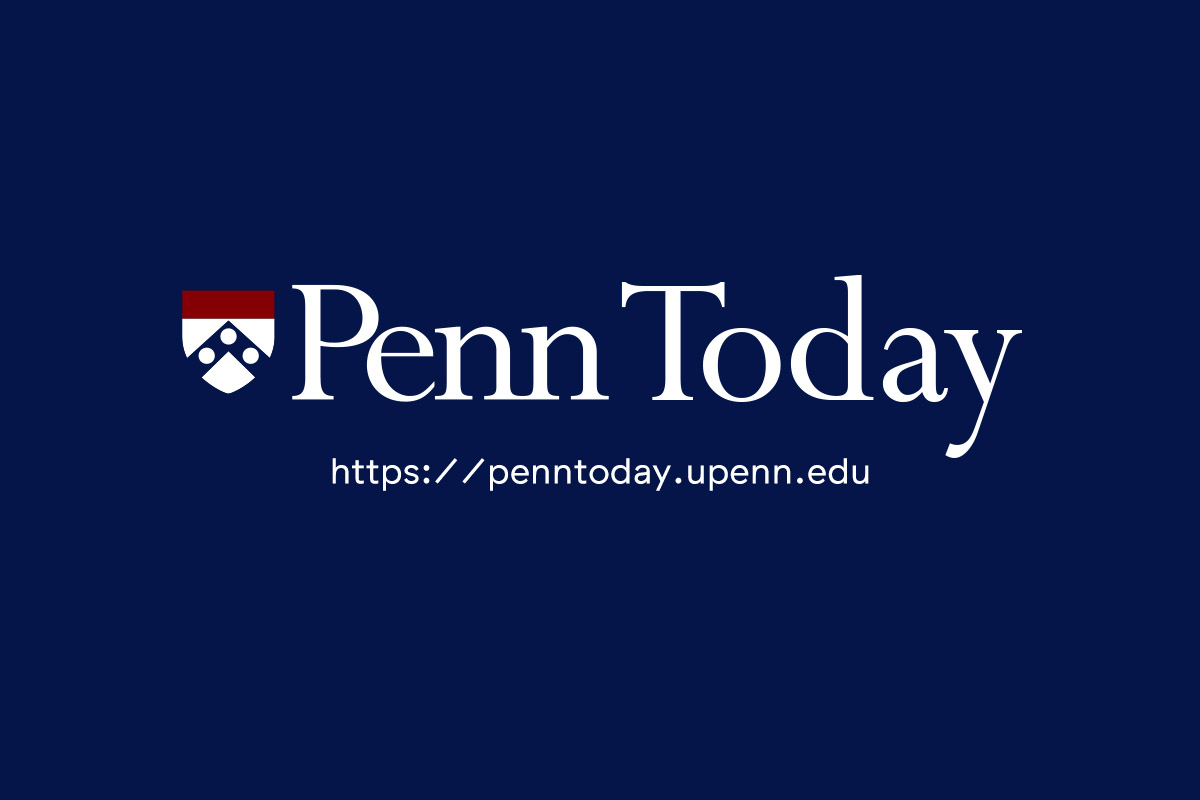
Send us a link

Urban governance, the interplay of governmental bodies with other actors shaping decision-making and its implementation, plays a key role for mitigation and adaptation measures in cities. While knowledge co-production is advanced as an instrumental approach to support climate action, a gap between knowledge and implementation persists.
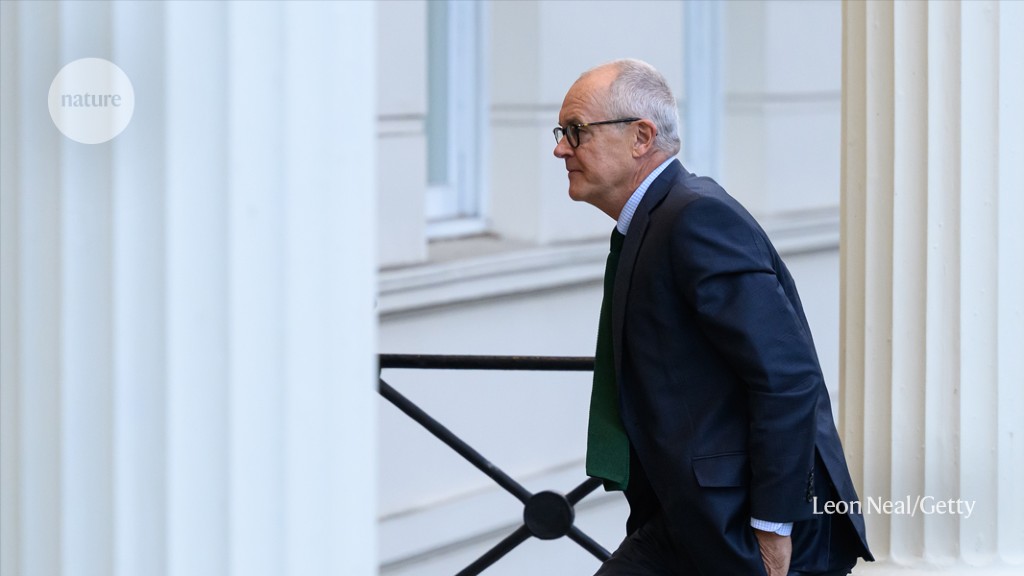
What produces a happy society and a happy life? Richard Layard and Jan-Emmanuel De Neve suggest that through the new science of wellbeing, we can now answer this question empirically. Explaining ho…

Based on a survey of over 3000 researchers worldwide, Economist Impact identified important actions that should be considered if mistakes are not to be repeated during future health emergencies.

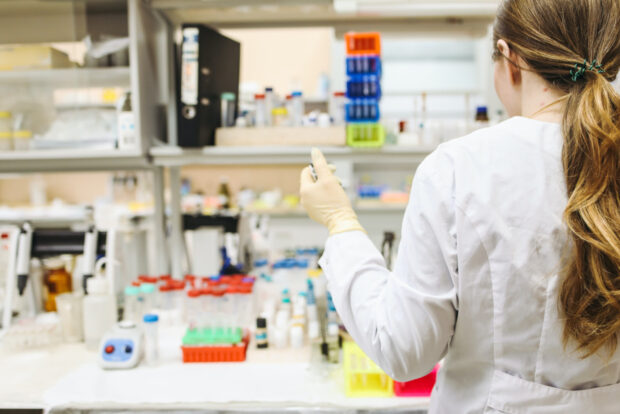
Scientific knowledge can help policymakers understand, identify and assess policy options. A new EU document identifies the rationale behind building capacity of science-for-policy ecosystems, as well as the challenges encountered at the science-policy interface.
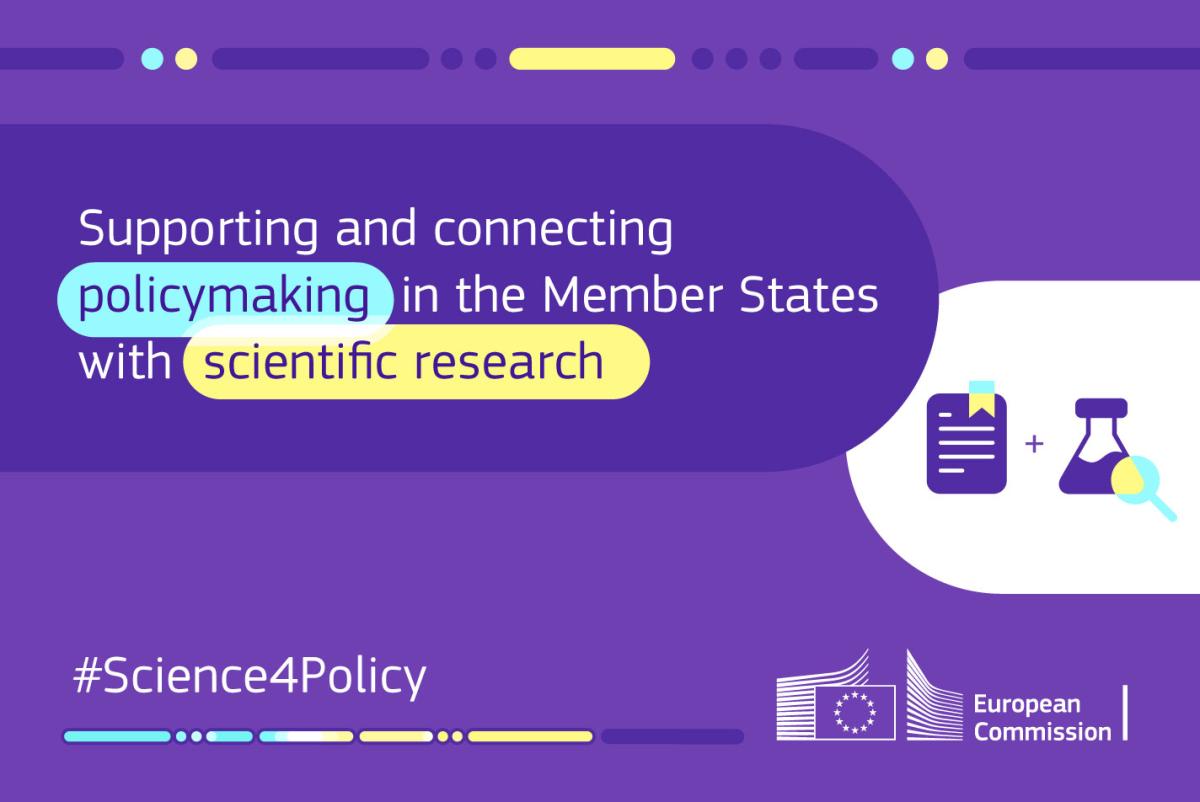
This article discusses why scientific advice must be separate from government decisions and evaluate the autonomy and transparency of the UK's system.
A new study provide scientific evidence assessing how effective governments will be at implementing their commitments to the agreement that will reduce CO2 emissions causing climate change.
The article analyzes what happens when governments use predictive modeling to allocate critical resources.
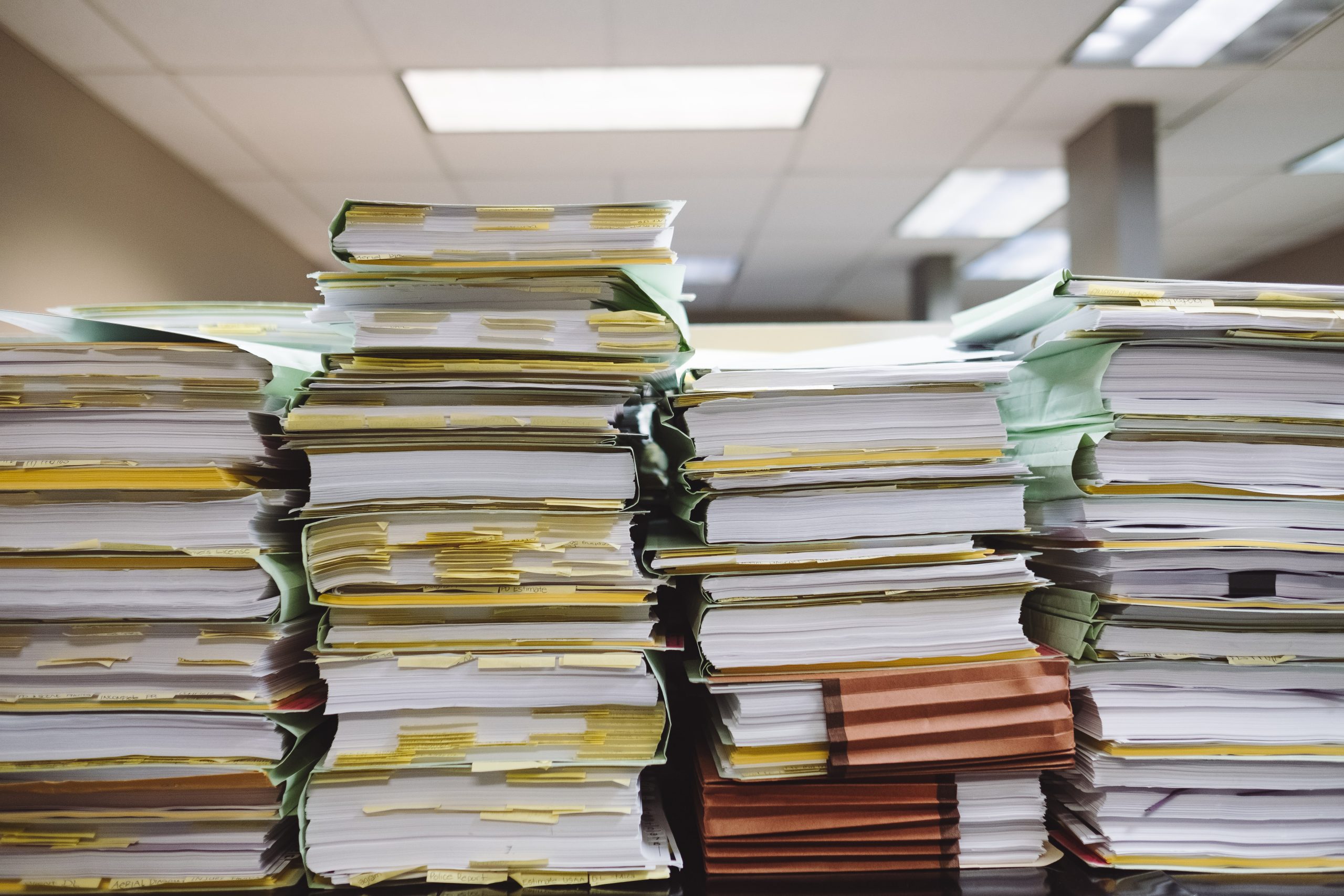
There is a significant global lack of policy action on consumption of sustainable diets. Application of political science theories such as theories of the policy process can help in understanding policy inaction. Applying these theories could provide a more in-depth understanding of how various influences on the policy process shape decision making for consumption of sustainable diet policy.

Scientists applaud nominee Arati Prabhakar, who is set to replace Eric Lander following his controversial exit from the White House science office.
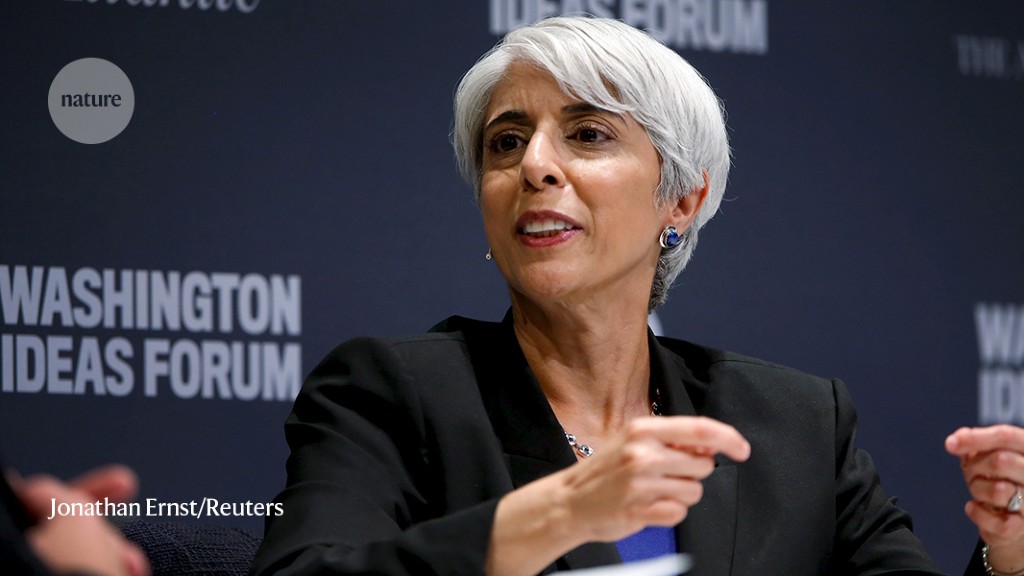
The study shows evidence that the Sustainable Development Goals have had largely a discursive influence and only limited transformative political impact.
Applied physicist would bring wealth of policy experience as successor to Eric Lander.
Pithy bumper sticker memes can't do justice to the need for understanding and judging scientific studies … especially when, as often, public policy is at play.
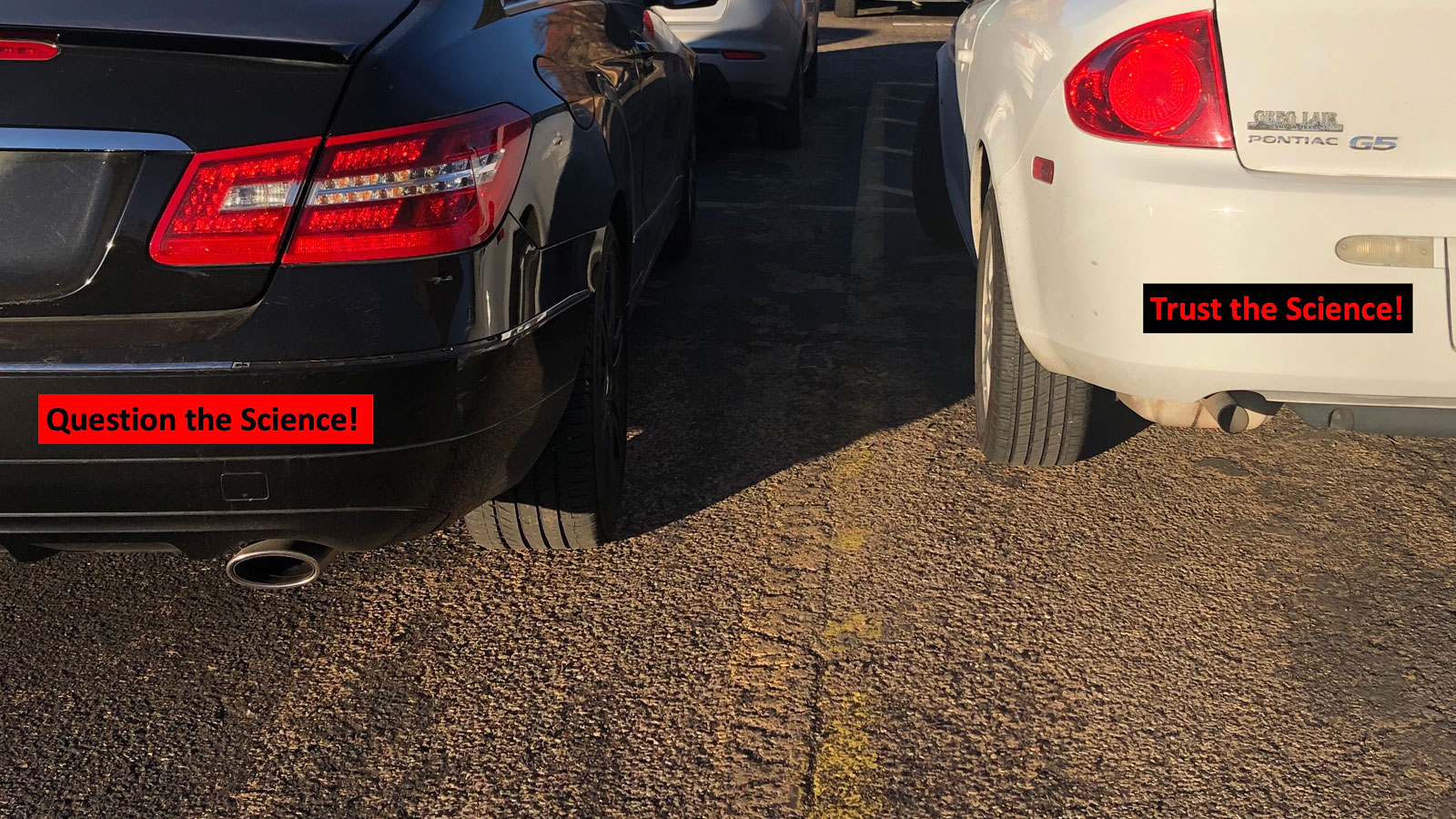
Two years into the pandemic, the idea of "following the science" has oversimplified what's actually a complex array of factors that policymakers must weigh in formulating a response. Many other factors play into making pandemic policy.
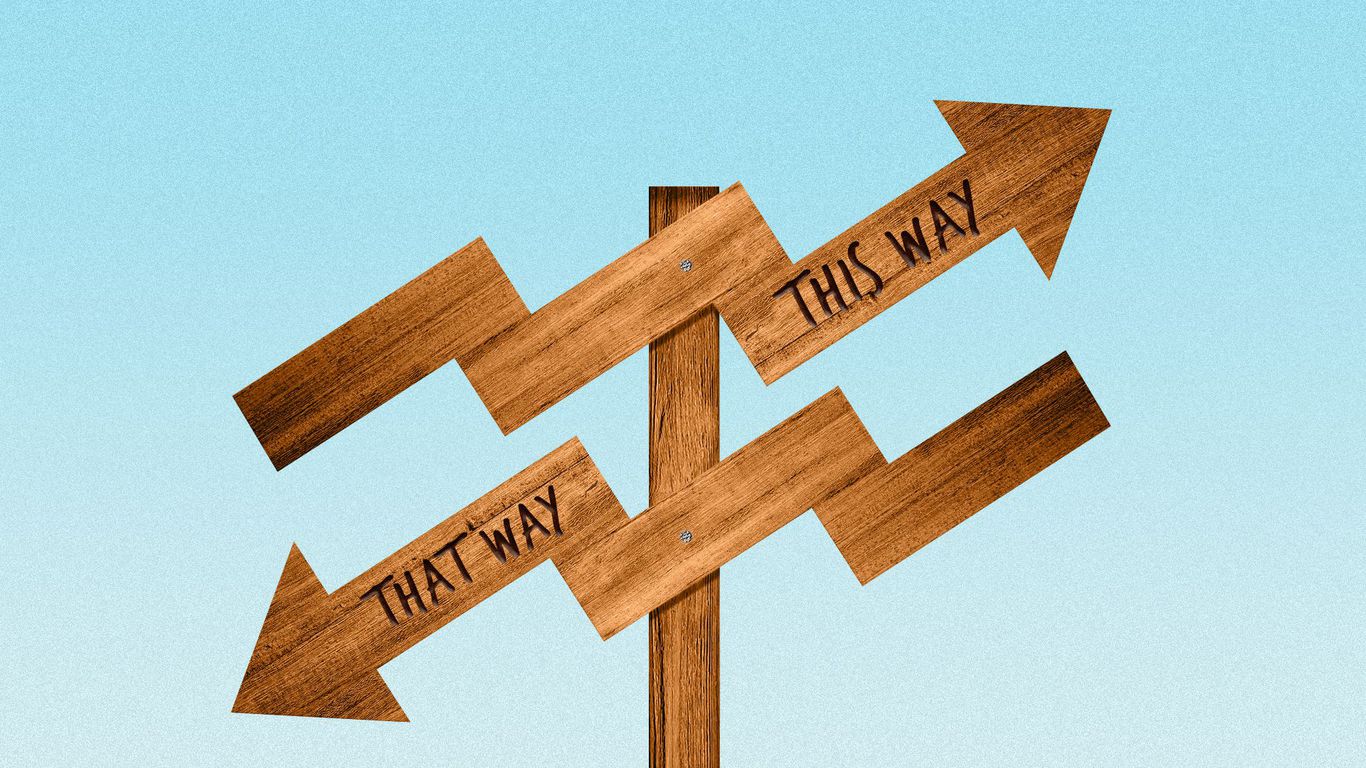
Science is key to building resilience and averting future crises - but that is only possible if policy-makers listen to and trust in both the science and the scientists.
COVID-19 presents a opportunity to transform democratic engagement in the governance of global public goods. To make us more resistant and resilient to future global health crises we need transformative thinking to democratically engage global citizens.

What role do experiences with climate change and extreme events play in shaping environmental attitudes and to what extent can they explain the recent rise in environmental concerns and willingness to vote for Green parties across Europe?
Adopting behaviors of people who buck trends could boost public health and sustainability. In any large dataset involving the choices people make, a handful of people will succeed when most others like them fail. Zooming in on those outliers and mapping out how they made their choices could give those failing in similar circumstances a leg up.
